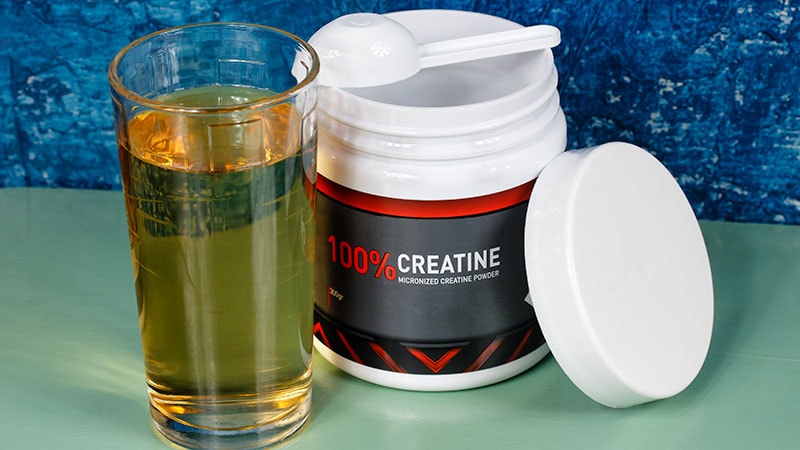T4K3.news
Memory gains seen in twin trial
A 12-week study links protein plus prebiotics to improved memory in healthy older adults.

A twin trial shows daily protein plus a prebiotic mix improves memory in healthy older adults over 12 weeks.
Gut friendly supplement boosts memory in older adults
In a double blind randomized study, 36 pairs of twins aged 60 or older were assigned one twin to receive inulin plus fructooligosaccharides and the other a placebo, alongside identical branched chain amino acid protein powder and home-based strength moves. The trial ran remotely over 12 weeks, with online cognitive tests and stool samples to track gut microbes. The twin design helps separate genetic and early environmental influences from the supplement effect.
Results showed the prebiotic-protein group scored higher on a composite memory measure and made fewer errors on the PAL test, a task that probes episodic memory. Gut microbes shifted toward Bifidobacterium, and adherence was high with only mild gastrointestinal complaints. Muscle strength did not improve, suggesting cognitive gains may come independently of physical changes.
Key Takeaways
"We are excited to see these changes in just 12 weeks. This holds huge promise for enhancing brain health and memory in our ageing population."
Lead researcher comments on study implications
"These plant fibres, which are cheap and available over the counter, could benefit a wide group of people in these cash strapped times. They are safe and acceptable too."
Senior author noting accessibility and safety
"Gut microbes create short chain fatty acids, neurotransmitter precursors, and other metabolites that signal along nerves and through the immune system."
Explanation of gut-brain communication
"That is a core function that erodes early in Alzheimer’s, so even small gains on this task are notable in people over 60."
Comment on the significance of PAL task results
The study adds to a growing body of work linking the gut and the brain, showing that a simple, accessible intervention can move a cognitive needle in healthy aging. Remote trial design also demonstrates that rigorous science can be conducted without forcing older adults to travel.
But the work has limits. The sample is modest and mostly female, so we cannot assume the same results for all older adults or those with dementia. More research is needed to see if these gains persist at 6 to 12 months and whether they translate into real-life improvements in daily functioning.
Highlights
- Tiny fibers, big brain potential
- Food for the gut, fuel for memory
- A healthy gut can hint at sharper thinking
- Small steps, big gains for aging minds
Ongoing research will show how long any cognitive benefits last and who is most likely to benefit.
Enjoyed this? Let your friends know!
Related News

Gut friendly supplements hint at dementia prevention

Natural pain relief explored by experts

Japan weighs wartime past amid revisionist push

Parole denial for Menendez brothers

New research supports alkaline diet for weight loss

Isak transfer saga prompts debate on price and media

Creatine shows potential beyond athletics

Smollett charts comeback with Netflix doc and music release
